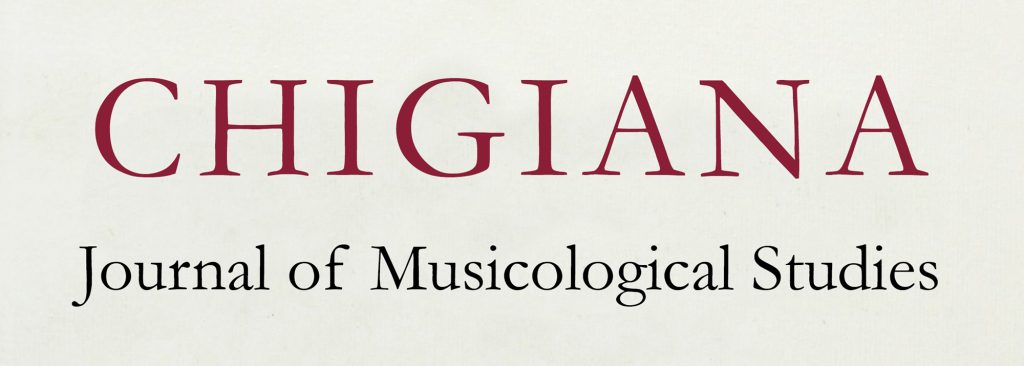
Choral Societies and Political Power in the Cities of Bern and Fribourg in the Nineteenth Century*
Caiti Hauck
Throughout the course of the nineteenth century, numerous male choral societies were founded across Europe. In some regions, authorities supported and even used such choirs as a means by which to promote their political ideals, while elsewhere choral societies were seen as a threat to the regime. In the case of Switzerland, some authors emphasise the liberal political position of male choirs. Nonetheless, little has been written about the activity and the development of choral societies in different Swiss regions, for instance, in places and periods in which liberals were not a majority in government. What was the relationship between choirs and the relevant authorities in these cases? How did political developments and power struggles affect choral activity? This paper aims to investigate the relationship between male choirs and various authorities in the cities of Bern and Fribourg in the nineteenth century. Based on primary sources such as letters, members’ lists, and jubilee publications, it discusses the development of prominent male choirs within these cities in light of local and regional political contexts. The paper not only discusses choirs’ political positions and the consequences of them but also shows how these choirs were part of the political power game.
In tutta Europa, nel corso del diciannovesimo secolo, vennero fondate numerose società corali maschili. In alcuni paesi erano sostenute dalle autorità politiche, che le utilizzavano come mezzo per promuovere i loro ideali, mentre in altre regioni erano considerate una minaccia al regime. Nel caso della Svizzera, vari studiosi hanno evidenziato una relazione tra posizioni politiche liberali e cori maschili, ma finora poco è stato scritto sull’attività e lo sviluppo delle società corali in contesti e momenti storici in cui i liberali non avevano la maggioranza di governo. Che relazione ci fu, in questi casi, tra cori e autorità politiche? Come hanno influito gli sviluppi politici e le lotte di potere sull’attività corale? Questo articolo si concentra sul rapporto tra i cori maschili e le autorità cittadine di Berna e Friburgo nel corso dell’Ottocento. Attraverso l’esame di varie fonti documentarie come lettere, liste di membri e pubblicazioni giubilari, si ricostruisce l’attività di importanti cori maschili di queste due città alla luce dei contesti di governo locale e regionale. Oltre a discutere le posizioni politiche dei cori e le loro conseguenze, si dimostra anche come questi cori fossero parte integrante del gioco del potere politico.
*This paper draws on partial results of the research project CLEFNI – The choral life in the cities of Bern and Fribourg in the long nineteenth century. This project has received funding from the European Union’s Horizon 2020 research and innovation programme under the Marie Skłodowska-Curie grant agreement No 833366.
